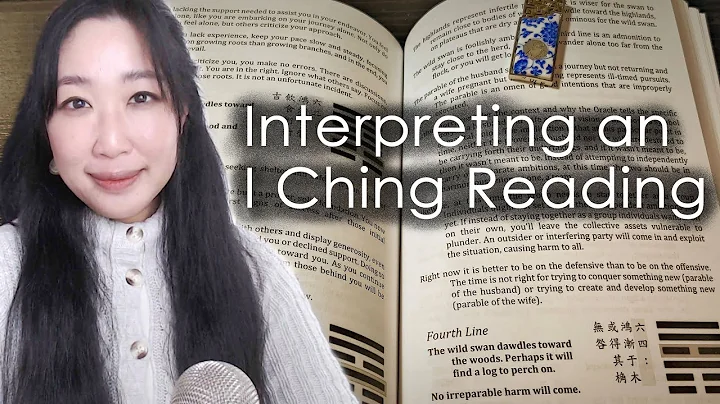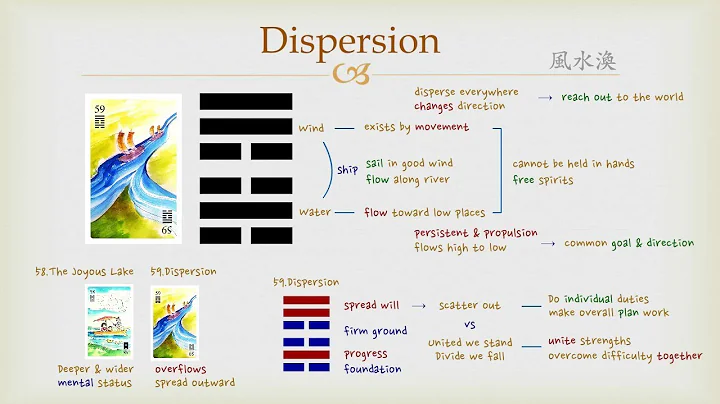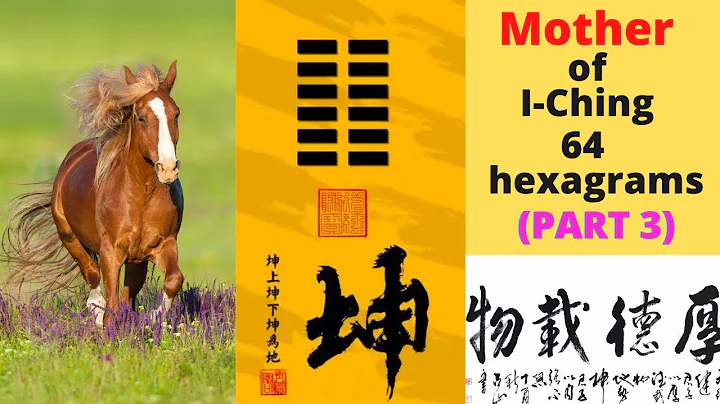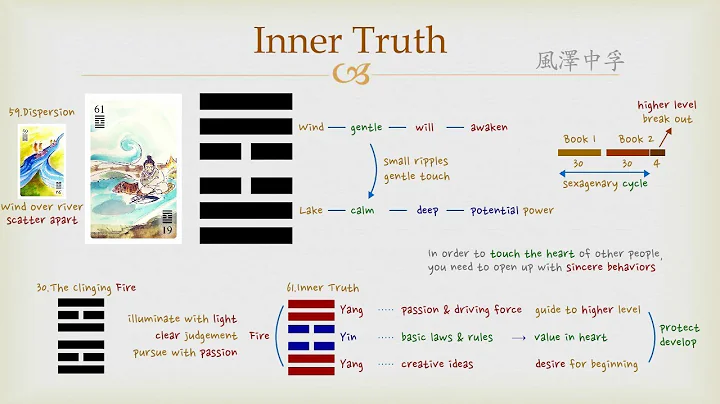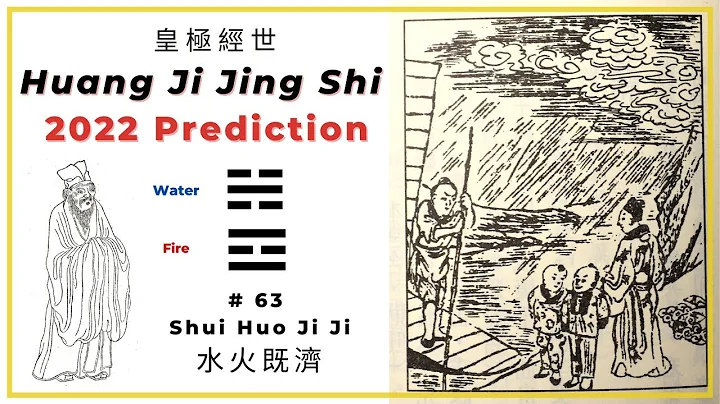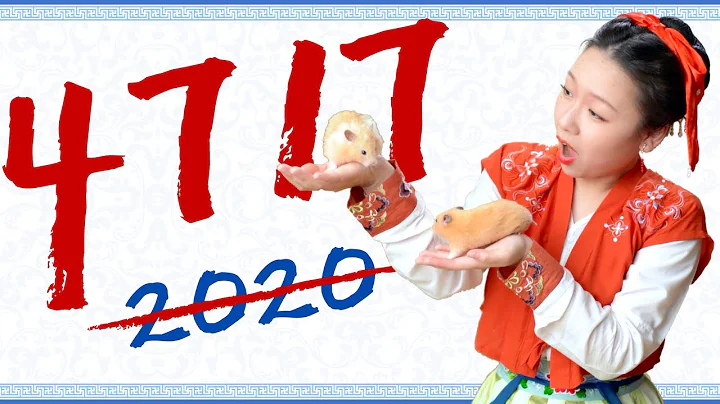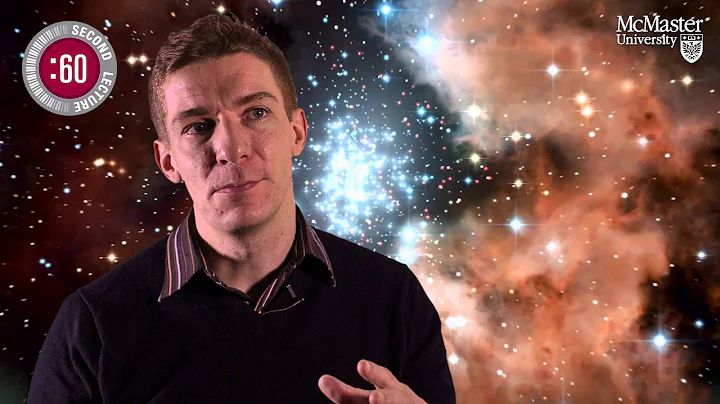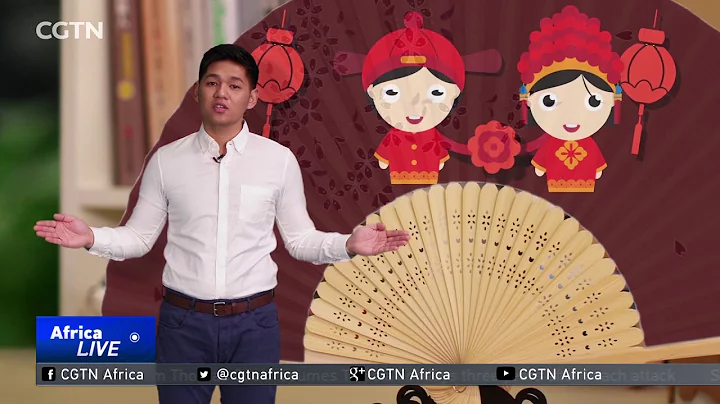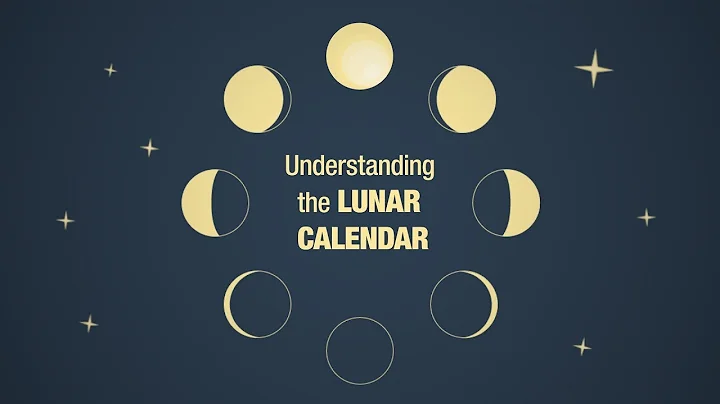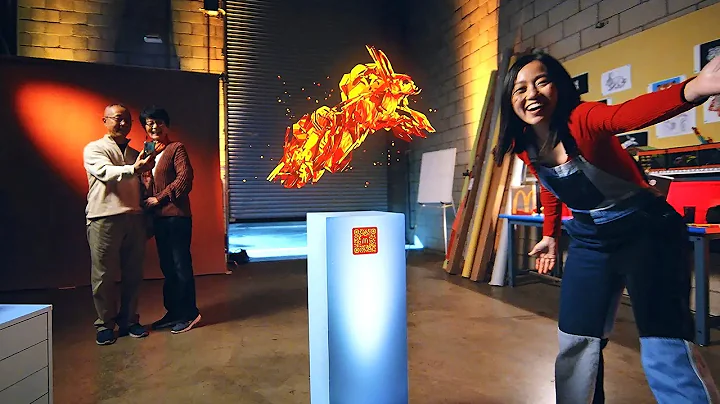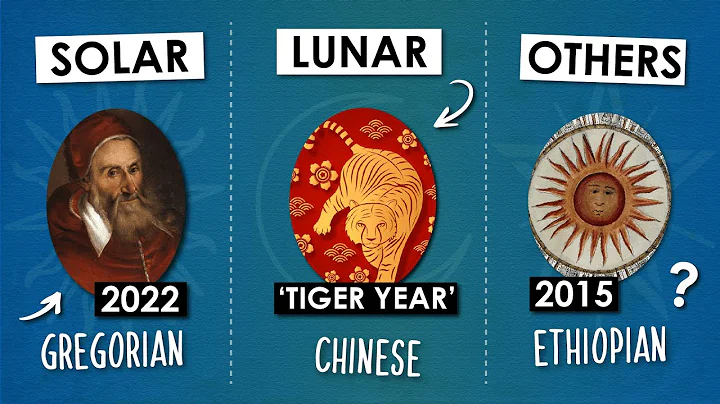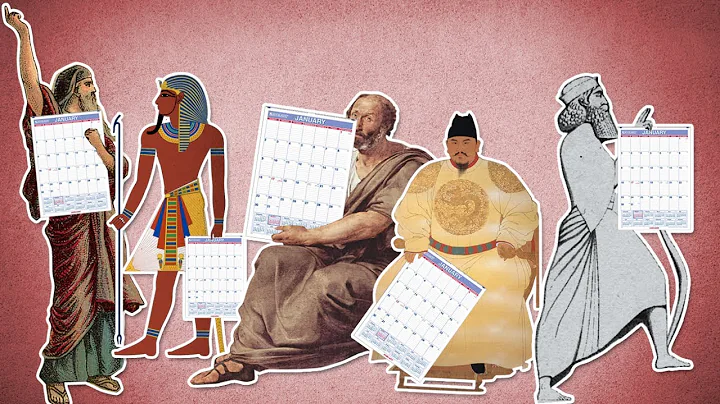" Zhouyi " The most common hexagram in the fourteenth hexagram is Shang Li Xia Qian.
The upper hexagram Li is a fighting weapon, and the lower hexagram stem is wood and fruit. The combination of them means the result of war. The upper hexagram "Li" means "light" and its extension means "wide"; the lower hexagram "stem" means "big": the combination means great results, so the hexagram is called "Great You". Dayou means great possession, which is similar to "youfuguang", that is, great victory.


The stem of the lower hexagram is for sacrifice, and the upper hexagram is for war soldiers. Together, they hold sacrifices to celebrate the victory of the war, so the hexagram says "Yuanheng".
The lower hexagram stem is for the king and for control, so the ninth chapter says "no harm, no harm", which shows that after the fierce battle of and of the same hexagram, the battlefield was well controlled, and there was neither mutual killing nor mutual killing. of resentment. The lower hexagram stem is for self-improvement and not blaming God and others, so it is said that "it is difficult for bandits to blame, but there is no blame".
The lower hexagram stem is the load; the lower mutual hexagram stem is the wood and fruit, which is extended to the result of the war: Therefore, in the 92nd line, "A large cart can be loaded, and there is a destination."

大车
The lower hexagram stem is for sacrifice, and the lower hexagram stem is for heaven. Therefore, the Jiu San language is "shared and enjoyed by the emperor". In the upper hexagram Dui means concubine (maid), here it refers to a villain; Dui also means jue: hence the saying "Don't use it for villains". On
, Hu Gudui is a concubine, a humble and submissive person, so the 94th sentence says, "There is no blame for stealing her peng."
The upper hexagram "Li" means prisoner, means light, means electricity, and by extension means power, so the sixty-five words "Jue Fu Jiao Ru, Wei Ru".
The lower hexagram stem is the way of heaven, which means self-improvement; the upper hexagram Li is the sun, which can represent heaven; Li is armor, which can be extended to protection: Therefore, the nine words in the upper hexagram "From the right of heaven, good luck will not be unfavorable". Self-blessing refers to the same person in the Tongren hexagram in the family, the clan, and the wild, and Tianyou refers to the Tongren hexagram "taking advantage of its Yong, Fu Ke attacks." Since God bless him, it has a similar meaning to "He who helps himself, God will help him".
Follow me and you can read the analysis of the scriptures and the sharing of other hexagrams, giving you a brand new world of the Book of Changes!
